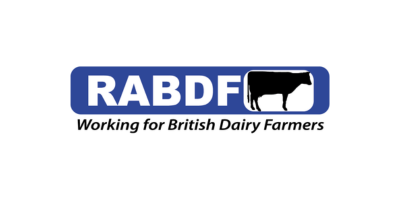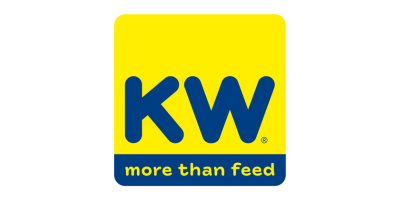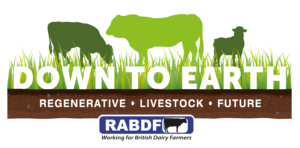Meet The Farmer | Down to Earth
Wednesday 3rd July | David Craven, Grosvenor Farms, Aldford, CheshireGrosvenor Farms produces high-quality, nutritious milk and cereal grains, adopting sustainable practices that benefit animal welfare and enhance the environment. The farm consists of an arable and 2,600-cow dairy operation and is spread across 2,340 hectares, including 800 hectares of arable, 450 hectares of three-year grass leys on a multi-cut system and 350 hectares of maize. Approximately 12% of the land is managed to support greater biodiversity and improve natural habitats.
Visitors will learn how Grosvenor Farm’s whole farm approach has driven their strategy for the past decade, benefitting the entire farming operation and the environment. They will detail how they have increased their soil carbon to an average of 3% – almost double the UK average for cultivated soils and an indicator of its health and quality.
They will also outline how their integrated arable and dairy operations allow regular inputs of organic manure before and during the growing season — promoting healthy soil and providing a valuable source of plant nutrients. This is demonstrated in the farm’s average soil organic matter on cultivated land at just over 5.25%, a good indicator of a resilient system.
They will explain how they use conservation tillage to grow crops sustainably and stop soil carbon from escaping into the atmosphere. Their fields are planted year-round to help protect soils from erosion and recover nitrogen, an essential nutrient for growing.
By integrating farming systems, such as recycling manure into organic fertilisers to replenish soils, means more than 80% of their animal feed is grown without artificial fertilisers.













